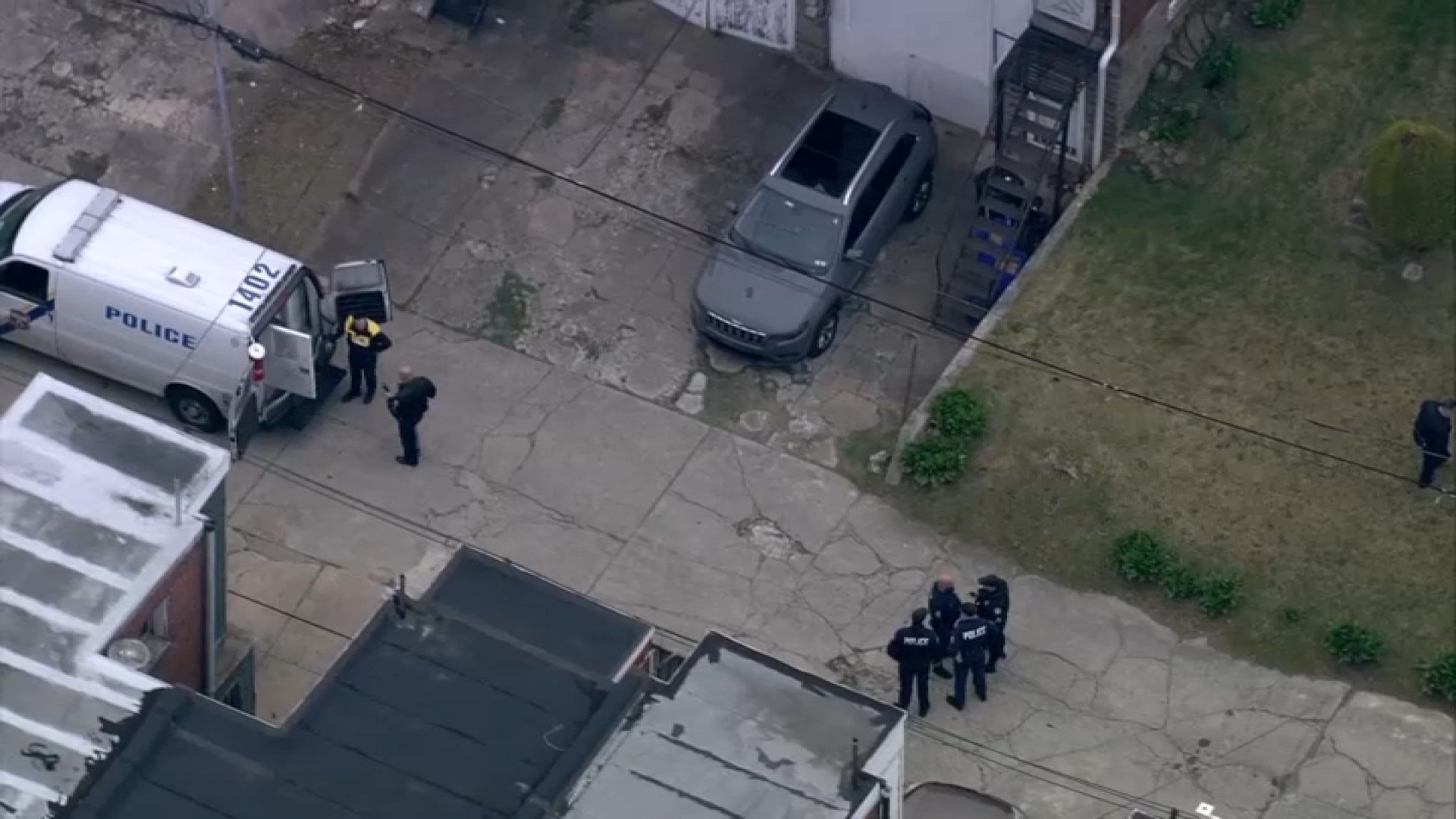On a daily basis, police officers responding to calls for service face myriad questions in sizing up the people they encounter: Are they armed? Injured? Combative? Inebriated? Suicidal? On drugs? Physically ill? Mentally ill? A fugitive? A threat to themselves or others?
Allegheny County District Attorney Stephen A. Zappala Jr. said officers need to add another possibility: Is the person autistic?
To that end, he has commissioned the production of a DVD titled "Encountering People with Autism" for police and other first responders who may come in contact with those diagnosed with some form of the mysterious brain disorder, characterized by social difficulties, communication problems and repetitive behaviors and fixed interests. The project was spurred by Scott Bailey, a part-time Aspinwall and Millvale police officer and a full-time Allegheny County 911 emergency dispatcher, and deputy district attorney Tom Swan, both of whom have children with autism.
The purpose of the 20-minute, professionally produced DVD is to make officers aware of the characteristics, tendencies, behavior issues and other personality traits of persons diagnosed with autism. The hope is to avoid the possibility of officers or autistic persons being injured because an officer misinterprets the actions of a person with autism, which could include fleeing, repeating or not responding to warnings or commands, or throwing a tantrum, among others. Elsewhere in the country, persons with autism have been fatally shot by police officers who reacted to actions they thought were life-threatening but were instead manifestations of the disorder.
The DVD will be distributed in early March to each of the more than 100 police departments in the county as a training tool. Also at that time, departments will receive packets for families of persons with autism that will include stickers for homes and vehicles, information on applying for grants from the DA's office for its already existing autistic service K-9 project, and for its upcoming GPS tracking device program, as well as other information.
"Throughout the course of my administration, two of my goals have been to make sure that our local law enforcement has the best training possible, and to use this office as a community-based resource, rather than simply an office that reacts to situations," Zappala said. "This project will help to forward both of those goals as well as strengthen the relationship between police departments and their communities.
"I am excited that we were able to put together a first-class training program in such a timely and efficient manner."
Officer Bailey, who helped spearhead a symposium for first responders on autism in November 2012, and Swan said the need for officer awareness of autism has increased exponentially. As noted in the DVD, 1 in 150 children born in 2000 was diagnosed as autistic. That figure has tripled, to 1 in 50.
"The numbers have increased so much that, sooner or later, anyone in law enforcement is going to be running into someone with autism," Swan said. "The idea is to try to make everyone safer, protecting both the police officer and the person with autism."
"This is long overdue," Officer Bailey said. "I'm not doing this for my boys but for the thousands of families that don't have a voice. This is a step in the right direction. I don't want to hear any horror stories."
The video, produced by Michael Bartley and Frank Caloiero and co-produced by Swan, will be discussed on WQED-TV on Wednesday at 7:30 p.m. by Zappala and Swan on Bartley's weekly discussion program "conversations@WQED."
Shot in June and August, the video includes information from the Autism Center of Pittsburgh and scenarios involving people with autism that Officer Bailey said were inspired by real-life events, some of which he encountered himself. There's a domestic disturbance with a witness who has autism; a "meltdown" on a school bus by a student with autism; a teenager with autism attracted to a shiny hubcap who runs when police pull up; a teenager with autism who appears impervious to a car accident injury; a child with autism who wanders from her home.
Every autistic person is unique, but the video presents various characteristics some autistic persons might display -- sensitivity to sounds such as sirens, barking police K-9s and police radios; unusual speech; scripting, or repeating lines from TV shows or movies; echoing or repeating what the police officer says; poor concentration; rocking back and forth; poor eye contact; hand flapping; indifference to the situation; sensitivity to touching or a high pain threshold; non-responsiveness to commands and orders.
Officers are urged to identify themselves, to speak slowly and simply, to make no quick motions, to reassure the person they are not going to harm them, to allow time for responses, to use as few words as possible and to remove sunglasses.
They should be aware that a person with autism can be attracted to shiny objects, which could include an officer's badge, keys, handcuffs or even their gun.
Most of the roles of persons with autism are played by those with autism in real life, including Officer Bailey's sons, Trevor, 15, and Trent, 14, and Swan's son, Kevin, 17. Officer Bailey and his wife, Tina, and Swan also play roles in the video, as do a number of other local police officers, first responders and Allegheny County Common Pleas Judge John Zottola, who is pushing for statewide police officer training in recognizing autism.
Swan, who is in charge of the district attorney's community crime prevention programs, said the video production, duplication and other charges associated with the DVD amounted to about $15,000, all of which was paid for with drug forfeiture money.
Local
Breaking news and the stories that matter to your neighborhood.
Likewise, forfeiture money has been used in funding the autistic service K-9 program over the last few years in which about five dogs, costing $5,000 apiece, have been given to families to keep an autistic child from roaming. That program will continue this year.
New this year will be grants for about 10 GPS devices for children with autism who have a tendency to roam. The cost, about $3,500, will also be paid from forfeiture money.
Information on the grant programs, stickers for cars and homes alerting first responders that a special needs person may be inside and may not understand simple commands, and a voluntary registration for 911 of the residence of a person with autism will be available in March at local police departments.



